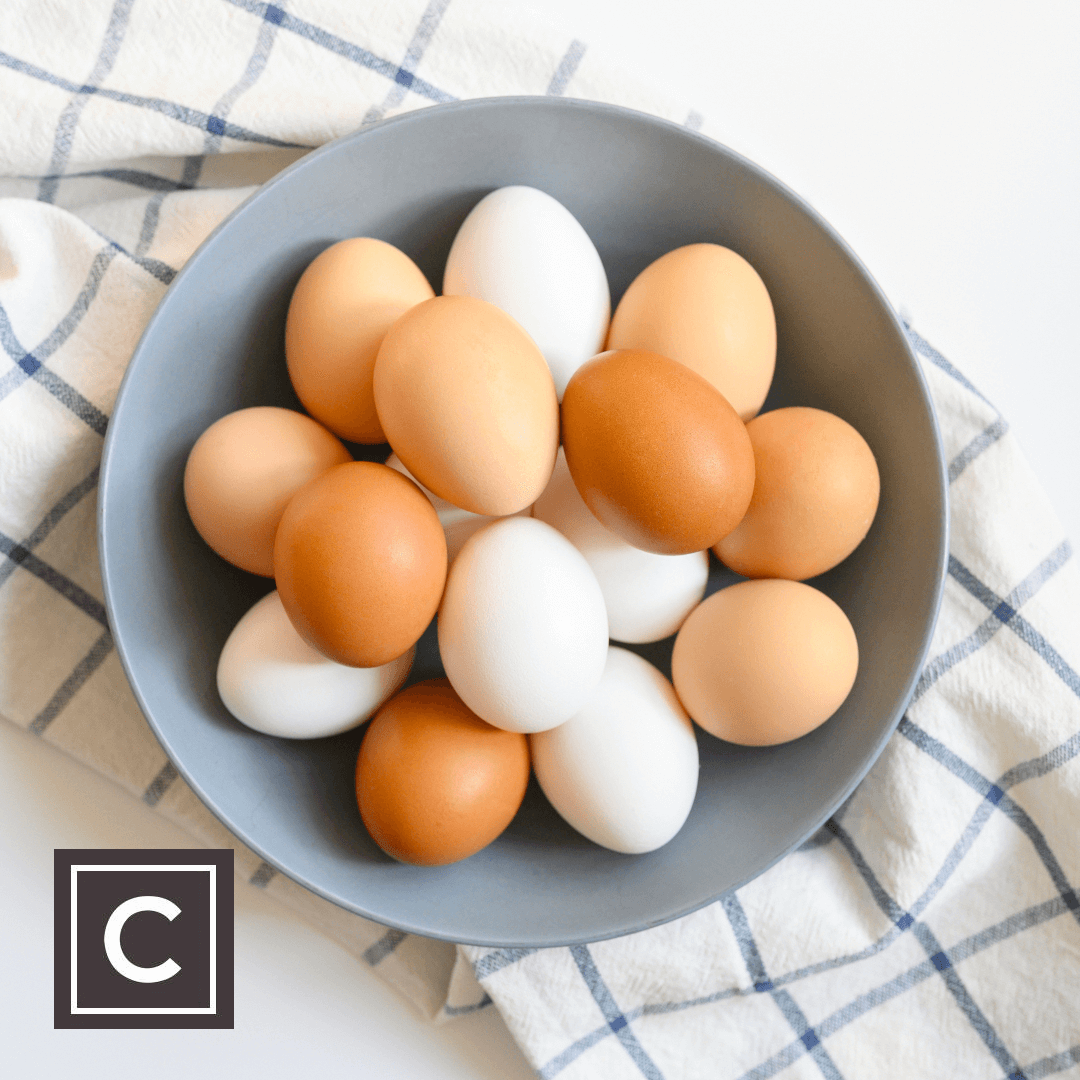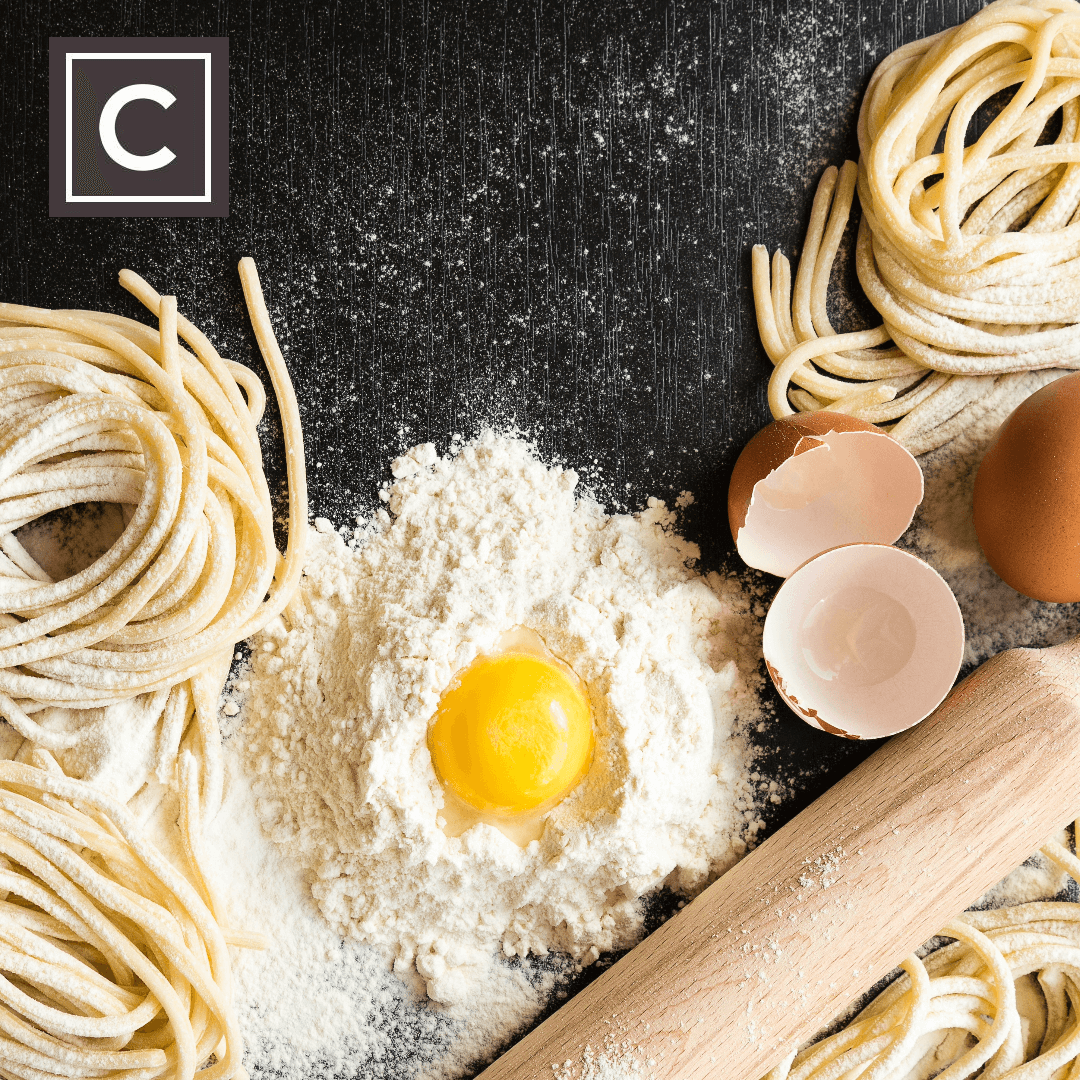Ingredient Glossary: Hen Eggs
Posted by Emily on 1st Dec 2019 Reading Time:
What Are Eggs?
Eggs are a nutritional powerhouse, rich in protein and 18 essential vitamins and minerals. They are incredibly versatile in cooking, serving as binding agents and flavour enhancers. While hen's eggs are most commonly consumed, duck, quail, goose and bantam eggs are also available, offering a variety of sizes and flavours.
Cooking Tips
Room Temperature: Recipes sometimes specify room-temperature eggs to prevent cracking when boiled, or curdling in batters. They also whisk faster. If needed, remove eggs from the fridge 30 minutes prior to use.
Microwave Cooking: Eggs can be microwaved if their shells are removed and yolks are pricked. However, never microwave an egg in its shell, as it may burst.
Hard-Boiled Eggs: Easier to peel if slightly older. To prevent a dark ring around the yolk, cool quickly after boiling.
Shell Discolouration: If the boiling water turns brown, the eggshell's natural pigment may be reacting with vinegar or acids in the water.
Storage
Store eggs in the fridge for up to three weeks to maximise freshness. Whites and yolks can be stored separately and can be frozen for up to three months. Avoid storing eggs near strong odours.
Checking For Freshness
You can test an egg's freshness by submerging it in water: a fresh egg sinks and a questionable one floats. The yolk should be plump and surrounded by two distinct layers of white.
Pay attention to the 'best before' date, and avoid broken or cracked eggs. The shell colour is breed-dependent and not an indicator of quality.
Buying Guide
| New Size | Weight | Old Size |
| Very Large | 73g +over |
Size 0
Size 1 |
| Large | 63 - 73g |
Size 1
Size 2 Size 3 |
| Medium | 53 - 63g |
Size 3
Size 4 Size 5 |
| Small | 53g + under |
Size 5
Size 6 Size 7 |
*Each size band starts at the minimum weight and includes eggs up to, but not including, the maximum weight, for example a large egg can be 63g-72.99g.
Appearance of Yolks
The hen's diet determines the yolk colour. Artificial colourants like canthaxanthin are banned under the Lion Code, so natural ingredients like maise or marigold products are used to deepen yolk colour.
Types of Eggs Based on Farming Practices
Organic: Costly, but reared humanely, with organic feed and land. EU regulations limit six hens per square metre and a maximum flock size of 3,000.
Free-Range: Hens have daytime access to outdoor runs. The EU limits stocking density to 2,500 birds per hectare.
Barn Eggs: Hens roam freely inside barns, with a stocking density of 9 hens per square metre.
Caged: Cheapest option with limited space and no direct sunlight. EU regulations mandate enriched cages with 750cm² per bird.
Note: Look for the British Lion stamp for higher welfare and food safety standards.
Welfare of Laying Hens Directive
This EU directive, fully enacted in 2012, replaced barren battery cages with enriched ones to improve hen welfare. British producers invested nearly £400 million to comply. Look for the British Lion mark to ensure higher welfare standards.




